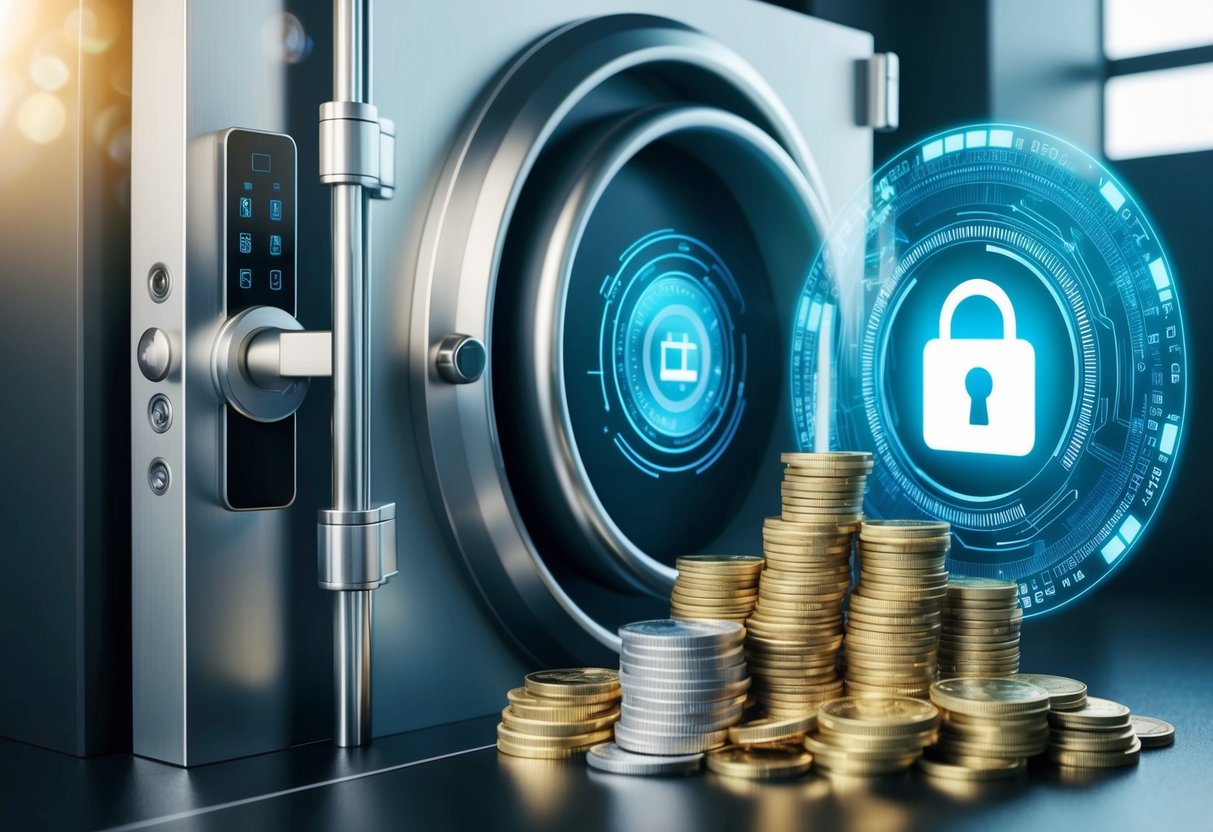
Public Wi-Fi and Device Security: Minimizing the Risks
Public Wi-Fi networks are often unsecured and can expose personal data to potential threats. Avoid conducting sensitive transactions or accessing cryptocurrencies on these networks without protection measures like VPNs. Using trusted personal hotspots instead of public Wi-Fi provides a safer internet connection.
Regularly updating device operating systems and software is key, as these updates often include security patches. Users should avoid sharing devices that store sensitive information. If sharing is unavoidable, employing strong passwords and logout routines is essential. Enabling two-factor authentication on accounts adds another layer of security, making unauthorized access more difficult and protecting digital assets more effectively.
Choosing The Right Cryptocurrency Exchanges and Trading Platforms
Selecting a trustworthy cryptocurrency exchange involves examining factors such as credibility, security measures, and avoiding fraudulent platforms. Users must consider both established exchanges like Coinbase and Kraken and learn to identify potential scams.
Assessing the Credibility of Exchanges: From Coinbase to Kraken
Choosing a reliable cryptocurrency exchange is crucial for securing investments. Platforms like Coinbase and Kraken are often cited for their robust security features and user-friendly interfaces. Coinbase offers insurance against breaches, enhancing user confidence, while Kraken is renowned for its advanced security protocols.
Evaluating the credibility of a crypto exchange involves examining its history of security breaches, customer reviews, and whether it is regulated by financial authorities. Additionally, the provision of cold storage options, two-factor authentication, and compliance with Know Your Customer (KYC) protocols can further illustrate an exchange’s legitimacy. Potential users must verify these features to ensure a safe trading environment.
Avoiding Fake Exchanges and ICO Scams
In the crypto world, fake exchanges and Initial Coin Offering (ICO) scams are prevalent and pose significant risks. Scammers may develop lookalike websites or apps to deceive users. It is imperative to research the official website or app from the exchange’s verified sources.
To avoid falling prey to scams, users should be wary of platforms promising unrealistic returns or requesting personal information upfront. Counterfeit exchanges often lack transparency about their team and operational details. Reviewing user feedback on crypto forums and checking for official regulatory approvals can help in identifying fraudulent schemes. Thorough research and vigilance are essential to safeguard against these risks.
The Impact of Crypto Scams and Security Breaches
Security breaches and scams in the cryptocurrency world have had significant financial and psychological impacts on investors. These incidents highlight vulnerabilities and emphasize the need for increased security measures and awareness.
Historical Breaches and Their Lessons: Mt. Gox and Others
The Mt. Gox breach is one of the most notorious cryptocurrency thefts, losing around 850,000 bitcoins. This incident highlighted both the potential rewards and risks of investing in cryptocurrencies. It underscored the importance of secure platforms and demonstrated how a lack of proper security measures can devastate.
Other breaches, like the DAO hack, exploited smart contracts, depriving investors of millions. Lessons learned from these events drive ongoing security improvements and create more robust systems. They show how criminal tactics evolve, prompting continuous innovation in security solutions.